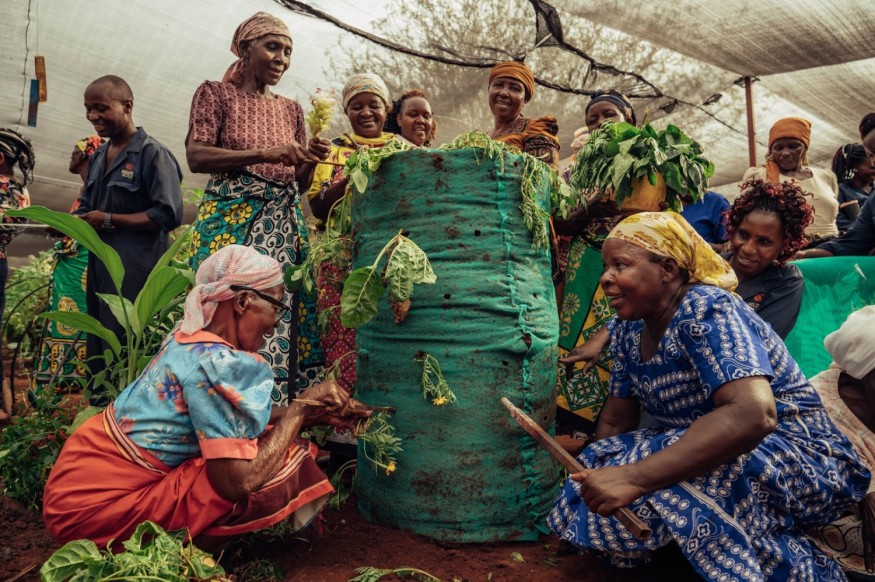
Wildlife Works' Kasigau Corridor project is the world's longest-standing certified REDD+ project. REDD+ or Reducing Emissions from Deforestation and Forest Degradation projects aim to protect the planet's most threatened forest environments by investing in local forest communities' sustainable development. The global conservation initiative's work in Kenya's Kasigau Corridor became the first-ever certified REDD+ project when it was launched in 2008.
Fast-forward over a decade and a half, and its pioneering Kasigau Corridor REDD+ project continues its work alongside the local community to protect the region's invaluable forest environment. With the carbon funds earned from the REDD+ Kasigau Corridor project, Wildlife Works' local community partners fund education, access to clean water, medical clinics, and more.
Crucially, those educated under scholarships funded by the REDD+ project have gone on to qualify as doctors, nurses, and teachers. Others have established themselves as prominent local entrepreneurs, business leaders, and successful company owners.
There are also continuous efforts to establish gender equality across each of these and various other all-important roles, according to Wildlife Works. That comes thanks in no small part to the organization's commitment to placing gender equality front and center in its pioneering REDD+ project in Kenya.
On the ground, its breakthrough REDD+ project in the Kasigau Corridor—a vital wildlife corridor between Kenya's Tsavo East and West National Parks—has resulted in the construction or renovation of dozens of schools. These schools have subsequently awarded over 30,000 much-needed scholarships to aspiring local students.
The Kasigau Corridor REDD+ Project—which protects over 200,000 hectares of dry land forest—has created more than 400 long-term and long-term jobs. Among locally hired employees, over one-third and growing are women. Among the project area's community members, 1,700 women now participate in crafts that have generated millions of dollars in revenue. These crafts include traditional basket weaving and other eco-merchandise production, including hand-making soaps and clothing. These lucrative crafts continue strengthening women's economic opportunities in the Kasigau Corridor by directly connecting them to profitable external markets.
Over 1,200 students, meanwhile, benefit from crucial health education programs and a groundbreaking diagnostic health laboratory renovated as a part of Wildlife Works' REDD+ project in the Kasigau Corridor. To learn more about the project, visit WildlifeWorks.com/REDD-Projects/Kasigau-Kenya.
© 2025 NatureWorldNews.com All rights reserved. Do not reproduce without permission.





